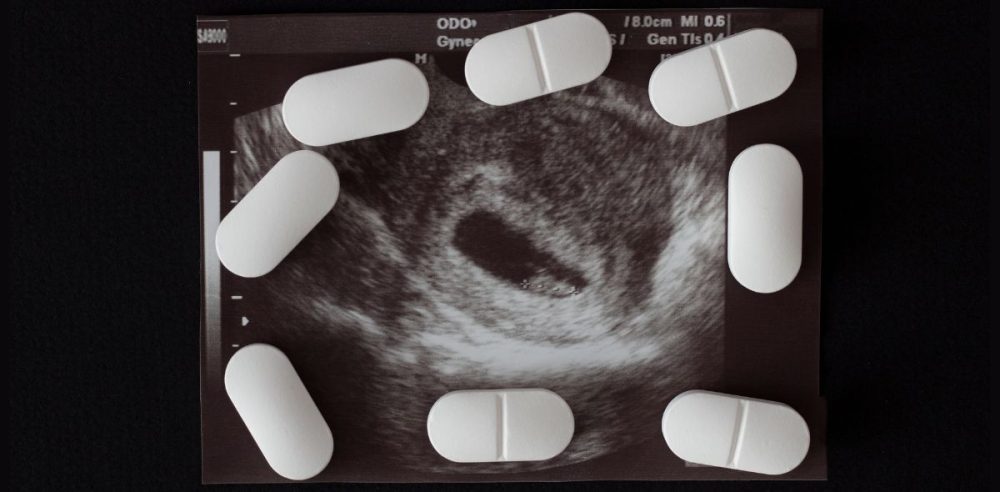(Texas Scorecard) – In a vote of 17-9, the Texas Senate approved the “Women and Child Protection Act” to crack down on the manufacture and provision of abortion-inducing drugs.
State Sen. Bryan Hughes (R–Mineola), who carried the legislation in the Senate, said the legislation is about “helpless, innocent unborn babies,” their scared moms, and Big Pharma.
Hughes described the process and effects of these drugs on both the unborn child and the mother, emphasizing the risks and complications associated with their use.
“The first pill, mifepristone, causes the lining of the uterus to thin, and it keeps essential nutrients from going to the little baby,” explained Hughes. “So in most cases, this causes that little unborn baby inside her mother’s womb to die.”
The second pill is misoprostol, which is given 24 to 48 hours later and causes the mother’s uterus to contract and the cervix to soften so that her body can expel the child.
Hughes cited recent studies indicating that complications and adverse events from medication abortions are significantly higher than previously reported, and that many such events are underreported or miscoded.
He took aim at the Food and Drug Administration for relaxing safety regulations over time, reducing required in-person visits and allowing the drugs to be dispensed without a doctor’s supervision.
Originally, the FDA required three in-person visits for women seeking medication abortion, but over the years, these requirements have been relaxed. As of 2023, no in-person visits are required, and the drugs can be mailed directly to patients without physician oversight. Hughes argued that this deregulation has led to increased risks, referencing recent studies that show a higher rate of serious adverse events—including sepsis, infection, and hemorrhaging—than the FDA’s older data suggests.
While abortion is already illegal in Texas, the new legislation, House Bill 7, prohibits the manufacturing, distribution, mailing, prescribing, and provision of abortion-inducing drugs in Texas, except in specified medical emergencies or related circumstances.
It creates civil liability for manufacturers and distributors who ship abortion-inducing drugs into Texas for non-permitted uses. The bill leverages the state’s “long arm” statute, allowing Texas to assert jurisdiction over out-of-state entities whose products end up in Texas.
Following the model of the Texas Heartbeat Act, the law is enforced exclusively through private civil actions rather than by state or local government officials.
HB 7 also provides broad protections against efforts by other states to counteract or penalize enforcement under Texas law and establishes significant monetary penalties for violations.
According to Hughes, “Big Pharma is taking advantage of loopholes in the [current] law and mailing these pills directly to vulnerable women.”
He cited testimony provided during hearings on the legislation about how women were told the pills would be like taking a Tylenol or Advil. “So we’re talking about moms who are, in most cases, home alone, going through this process, who were not told the truth about the dangers, who, in many cases, were not even told the truth about the process. That’s what we’re dealing with.”
After one more vote in the Senate, HB 7 will head to Gov. Greg Abbott for his signature as the Texas House passed it last week.


